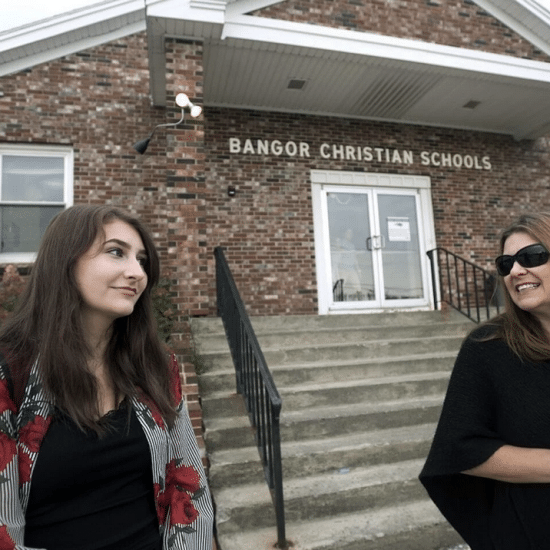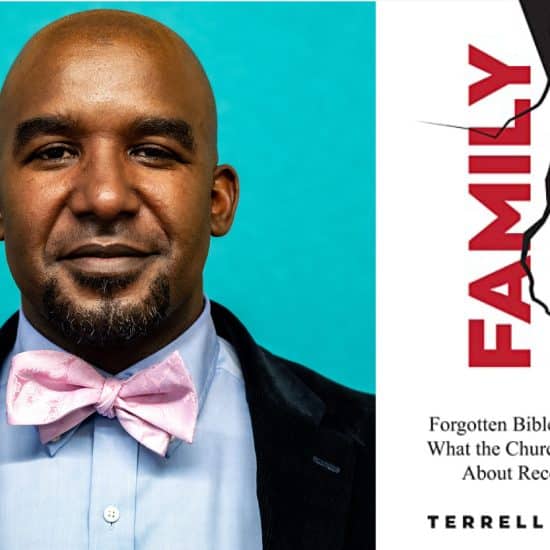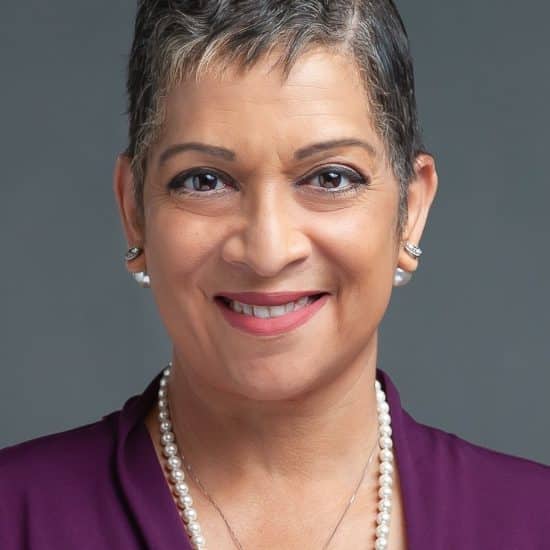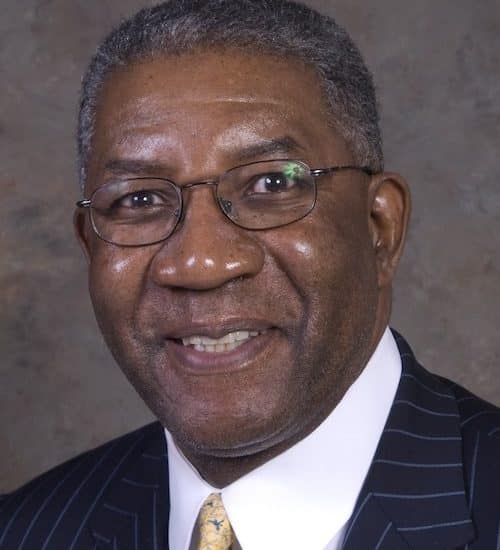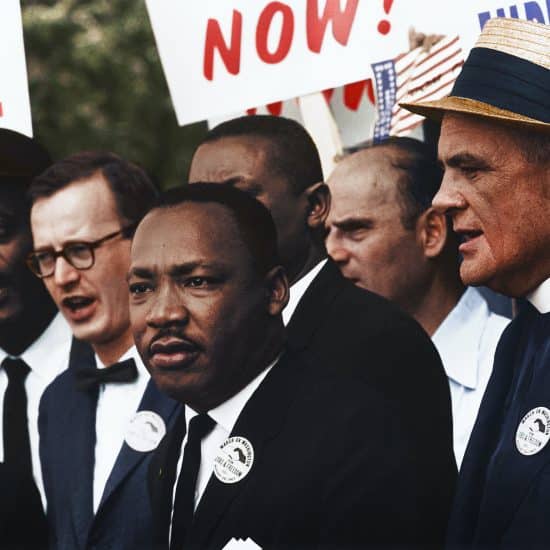Religious liberty is a Baptist birthright, and one of the tradition’s most distinctive principles. But challenges to maintaining religious liberty come from all directions—including the dilemma of whether Baptist social-service agencies should accept government funds to perform their ministries.
Many Baptists with a strong commitment to religious liberty and church-state separation believe any entity that accepts government dollars becomes beholden to the state, and its ability to act is shackled by the restrictions that accompany those funds. But when the government depends on private entities—including those motivated by faith—to carry out its responsibility to “promote the general welfare,” some Baptists insist human needs trump concerns about potential entanglement between the state and religion.
Two categories
Religious social-service providers fall into two broad categories—“for-pay” providers that receive government money and “no-pay” providers that do not. For example, among Texas Baptist-related institutions that provide foster care for children, Buckner Children & Family Services and Baptist Child & Family Services are for-pay providers. Texas Baptist Children’s Home is a no-pay provider, but its sister STARRY entity is a for-pay provider.
The Missouri Baptist Children’s Home, meanwhile, accepts government funds.
But South Texas Children’s Home Ministries accepts no state or federal funds. In 1952, donor Laura Boothe, founding administrator Jess Lunsford and the initial board of directors agreed two principles would govern the children’s home—no debt would be incurred and no state money would be used to do God’s work.
“Those two principles have served the children’s home well over the past 58 years, and they continue to be a guide and a commitment of the boards, the staff and the key constituents to this very day,” said Todd Roberson, president and chief executive officer of South Texas Children’s Home Ministries.
“Our belief, and the belief of those who walked these roads before us, is that this is God’s ministry. God moved in the heart of a widow woman to give this place out in the brush country of South Texas to care for children and families. He has called and guided staff to serve in this ministry. He has sent the children and families that need help to us over the years. And he has moved faithfully in the hearts of thousands of individuals, churches, foundations and businesses to financially support the work of the home all along the way.
“If this isn’t God’s ministry supported by his provision, then any other organization can operate a children’s home and solicit government funds to run it.”
Stepping in for government
However, some other Baptist-related social service agencies note, the government doesn’t operate children’s homes. It depends on other entities—many of them faith-based—to meet that need.
“Buckner made the decision many years ago to accept children into our care who come to us from Child Protective Services and elders dependent on income from the government. For these people we serve, state funding is their only means of support and of receiving the care they need,” said Albert Reyes, president of Buckner International.
“We focus on the needs of the person we’re serving more than the source of their financial support. Often, the children who need Buckner the most are the children served by CPS and consequently, Buckner. The same is true for the single mothers we serve in our family transitional living ministries, such as Buckner Family Place. These are mothers whose primary source of livelihood is from the government.
“It would be callous at best for Buckner to turn away these mothers and their children because their income is from a government-subsidized program. It’s much the same as a faith-based university accepting tuition from a student who receives a Pell Grant or some other government assistance to attend the school.”
Buckner accepts government funds, but from the agency’s perspective, the money benefits the people Buckner serves, not the institution itself.
“The money we receive is a per-diem that goes to the care of the children and families in our programs,” Reyes said. “In reality, Buckner subsidizes the state, because the level of funding we receive from the state does not fully cover the costs we incur.”
Residents living in Buckner Retirement Services communities also receive the benefits of government funding through Social Security, Medicare and Medicaid, he added.
Similarly, Missouri Baptist Children’s Home Vice President Russell Martin noted his agency has contracts with the state, and the state pays the Baptist entity for certain services provided to children in state custody.
“For years, we did not have contracts with the State of Missouri. However, because of the higher demand for serving children with more intense needs, the board decided to sign certain contracts with the state,” Martin said.
Federal pressure
Under the Children at Heart Ministries umbrella, Texas Baptist Children’s Home in Round Rock and two of its sister entities—Miracle Farm and Gracewood—do not have any contracts with the state or federal government. But another Children at Heart program, STARRY, has government contracts and reimbursement revenue.
“Historically, our agency has partnered with the welfare departments of the State of Texas,” Jerry Bradley, president of Children at Heart Ministries, explained. “Early in the 1970s, Texas Baptist Children’s Home began an emergency shelter for the state caseworkers to use as a safe place for abused and neglected children. That was a great relationship with few strings.
“In the 1990s, the state began to respond to federal pressure about contract language and monitoring, which created some difficult contract language for Texas Baptist Children’s Home. The board did not want to agree to a contract for the placement of children in Texas Baptist Children’s Home residential care and agreed to enter into a no-cost contract in order to keep stability for state children in care at the time.”
The children’s home lost about $50,000 in revenue due to that decision, he recalled.
After Children at Heart Ministries was formed and its four program areas were constituted as separate nonprofit corporations, emergency-shelter operations were moved to STARRY, and Texas Baptist Children’s Home kept a no-cost residential contract with the state that still continues, Bradley said. STARRY has contracts for prevention counseling, emergency shelter, foster care and a runaway program.
Hiring practices
Government funding has not adversely affected Buckner’s hiring practices, Reyes noted.
“We have never felt obliged by the government to hire anyone; however, we do comply with the Office of Federal Contracts Compliance Programs. That means that we use a variety of channels to search for qualified candidates for open positions,” he said.
“We feel confident that Buckner has the ability to hire individuals who fit our culture and who are dedicated to our mission.”
Likewise, Missouri Baptist Children’s Home maintains its practice of hiring only Christians, and the agency provides religious services at all its locations, Martin said.
“We have, to date, had no restrictions placed on us,” he said.
STARRY, the Children at Heart entity that has for-pay government contracts, must meet a variety of contractual requirements, Bradley noted.
“Thus far, as a faith-based agency, STARRY has had no limits placed on faith activities and hiring, but that is always an area of concern in this regulatory environment,” he said.
“Through a membership with the Evangelical Council for Financial Accountability, we have become aware of the lawsuit that World Vision, as a faith-based ministry, has against the federal government related to the use of federal funding. That decision and other proposed regulations could impact Title VII (of the 1964 Civil Rights Act) exemptions and even the mission of faith-based programs. These are days of vigilance as we watch for any potential regulatory change that could impact our mission and vision.”
Risks too great?
Leaders at South Texas Children’s Home believe the risks of entanglement with the state are too great, and they reject any government funds.
“We have always wanted to avoid any dependence on the vagaries of state or local governments, including budget shortfalls resulting in cancellation of programs midstream,” said John W. Weber Jr., chairman of the South Texas Children’s Home Ministries board of directors. “In addition, there is the basic issue of not wanting any interference with the Christ-based programs that are our foundation.”
The children’s home does not want its ministries driven by government funding, nor does it want the state setting its priorities, Roberson added.
“It is our desire to be able to provide ministry to children and families as God opens the door rather than as Uncle Sam opens your or my wallet to fund government programming,” he said.
“It is of utmost importance at South Texas Children’s Home Ministries that we are able to share our faith in Jesus Christ with the children and families we serve through our various ministries.”
Christian faith permeates every aspect of the services the children’s home provides, from prayer before meals and devotionals in cottages to involvement of youth in mission projects, he noted.
“For South Texas Children’s Home Ministries, we would rather let God motivate and move people to help fund what we do than to be subject to the wind and the rules of government funding,” Roberson said.

